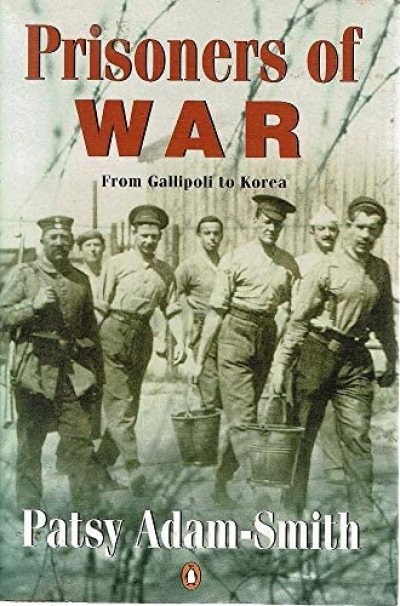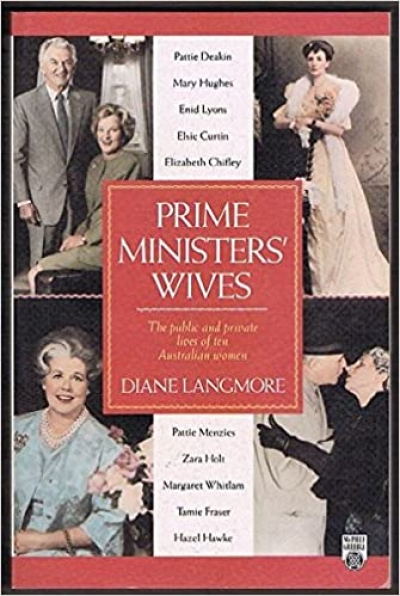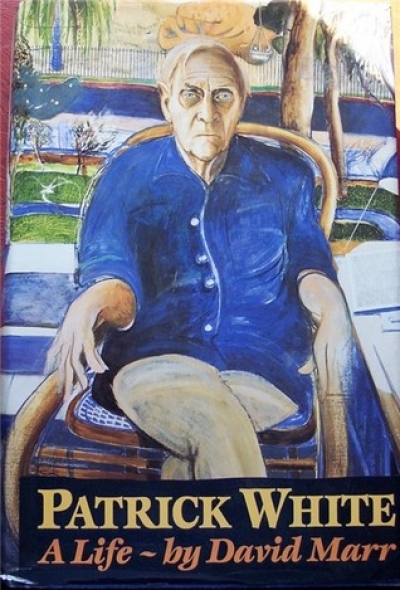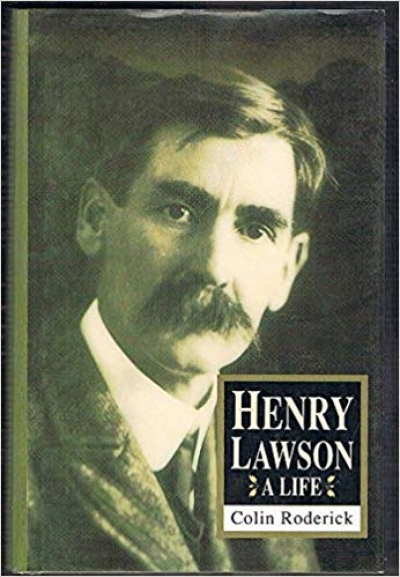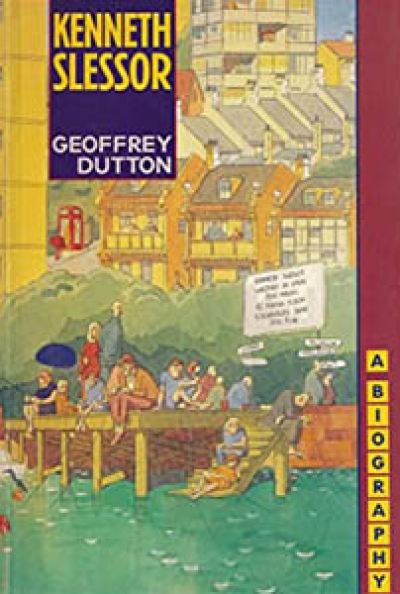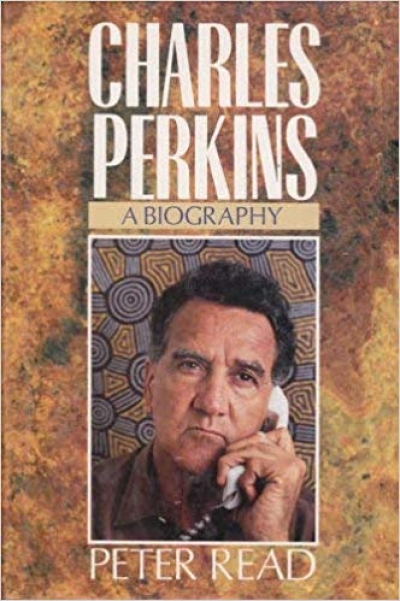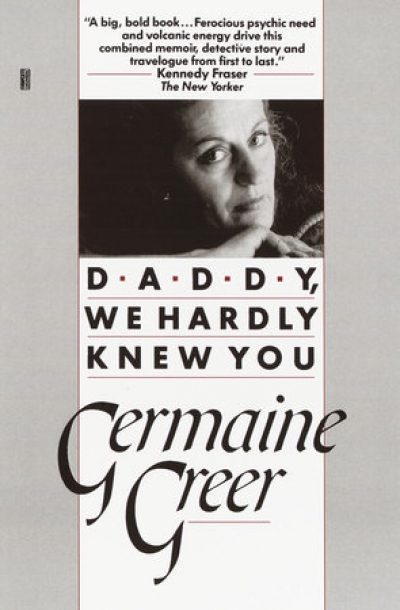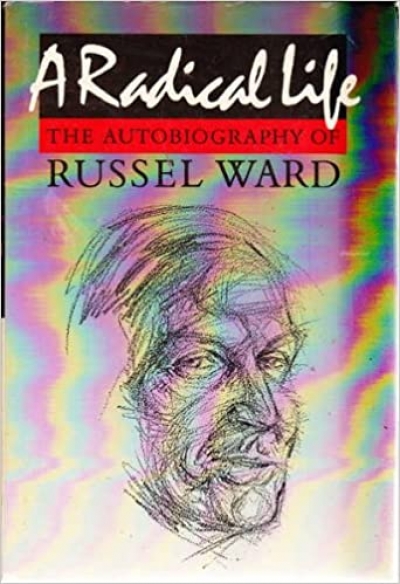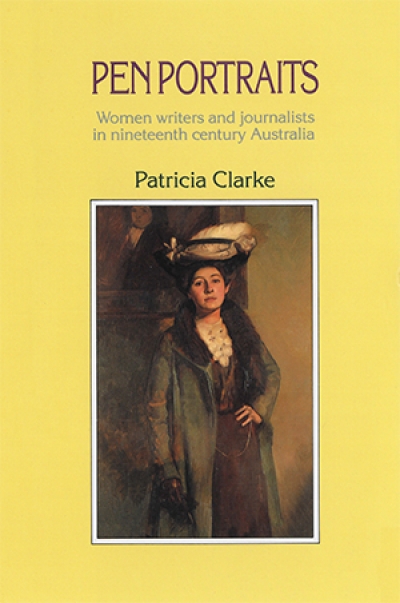Biography
Prisoners of War: From Gallipoli to Korea by Patsy Adam-Smith
by Ian Buchanan •
Prime Ministers’ Wives by Diane Langmore & Suffrage to Sufferance by Janine Haines
by Audrey Oldfield •
Terri-Ann White reviews 'Trouble in Lotus Land' by Charmian Clift, 'The Devious Being' by Betty Roland, and 'Eat My Words' by Marion Halligan
by Terri-ann White •
The task of reading these three books together provided more than I was anticipating. Their perspectives of decades of Australian society and writing practices cover the past, the personal and the politics. The writers come from three different generations (born 1903, 1923, 1940), and represent particular writing intentions or schools, certainly different genres. The connecting thread, probably the only one, is that each of the books is written form such a particularised stance. Each is written in the first person, and flirts to varying degrees with the confessional mode. The tensions between restraint and letting it all hang out, what gets said and what comes out in the not-saying, interested me.
... (read more)Charles Perkins: A biography by Peter Read
by Stuart Macintyre •
A Radical Life: The autobiography of Russel Ward by Russel Ward
by Humphrey McQueen •

